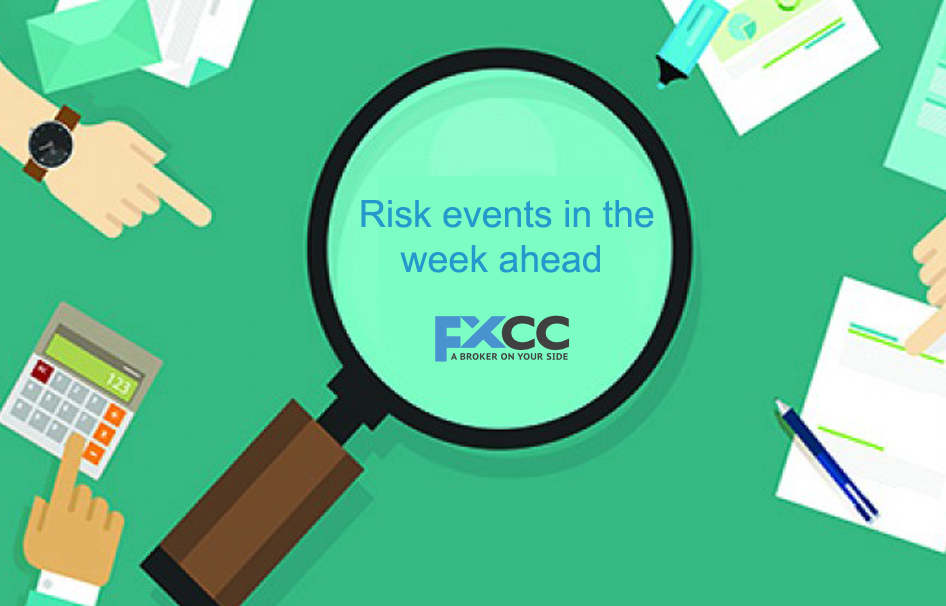TikTok, the popular short video app, has found a way to thrive in Indonesia, the world’s fourth most populous country. By partnering with local e-commerce platforms and offering live shopping events, TikTok has become a destination for millions of Indonesians to discover and buy products.

TikTok’s e-commerce strategy in Indonesia
But while TikTok’s success in Indonesia is helping to protect its business from the impact of a potential US ban, uncertainty lingers. Despite the growing purchasing power of Indonesia’s middle class, many of its users earn far less than US consumers. According to research firm Cube Asia, TikTok customers in Indonesia spend an average of $6 to $7. That’s why the US is still so important to TikTok’s e-commerce business, despite several bills in Congress that could ban the app.
TikTok’s e-commerce ambitions in the US
In November, TikTok launched an in-app shopping feature in the US, with many mini-stores linked to influencer and creator profiles. The opening for American brands was expanded at the beginning of the year. In the coming months, the company plans to launch a marketplace that will look more like a traditional e-commerce site. Rather than stumbling across individual stores through their channels, consumers can search, compare, and buy products in one place.
In recent meetings with ByteDance sales managers, Chinese manufacturers and exporters were offered free accommodation, shipping, and no commissions for sales in the US market. The company sets up its own company in the USA. Two people familiar with the matter said they are involved in warehouse operations and order processing and are actively promoting the idea to brands.
This strategy differentiates the company from American social platforms like Instagram and YouTube, which have shied away from managing physical goods even as they tried to enter the e-commerce market. This puts the company in direct competition with Amazon on its territory.
TikTok also takes e-commerce to social media, hiring former fashion and lifestyle brand employees to oversee retail categories like fashion, home, and beauty. These roles are expected to be key in engaging sellers and teaching them how to create the right videos and successfully partner with creators.
If TikTok can simplify the entire real-time buying process for users, brands, and developers in the US, “that’s a game changer,” said Ryan Detert, CEO of marketing company Influential. “And then, quite unexpectedly, the huge sums of money invested in paid media and video content are spilling over into the streaming (live) space as well.”
Jianggan Li, founder and CEO of Singapore-based consulting firm Momentum Works, said that TikTok’s e-commerce expansion in the US market is not just about attracting consumers with more purchasing power but also about having “tremendous bargaining power obtain to increase supply.” order processing systems.

TikTok’s challenges ahead
It won’t be easy, although TikTok is already used by 150 million people in the US and has become a hugely influential sales engine for everything from books to films. Competing in the US retail market would mean competing with other Chinese players like Temu Shein, PDD Holdings Inc., and Amazon.
Even in Southeast Asia, there are concerns about whether the company can continue to grow after cutting aggressive marketing and influencer subsidies.
In Vietnam, for example, according to local executives, TikTok spends thousands of dollars on gift cards to influencers every month. Gift cards are typically given to fans at live shopping events to increase sales. This strategy has led some brands to question TikTok’s ability to sustain its growth once it stops burning cash. According to another person familiar, Samsung Electronics Co. cut its spending on a TikTok shop in Southeast Asia after realizing that users who add items to their shopping carts don’t always check out. Questions. Samsung declined to comment on this story.
And while the Indonesian government has provided support so far, there are concerns that it could eventually increase regulatory oversight of the TikTok store.
The government recently condemned “online begging” on TikTok, or videos of women asking for virtual gifts. Some are also beginning to question the social impact of the impulse buying they say the app encourages, reflected in the popular hashtag #Tiktokmademebuyit. Relations between Indonesia’s Muslim majority population and the more affluent ethnic Chinese minority remain sensitive.
The Vietnamese government has announced that it will investigate whether TikTok threatens its youth.

